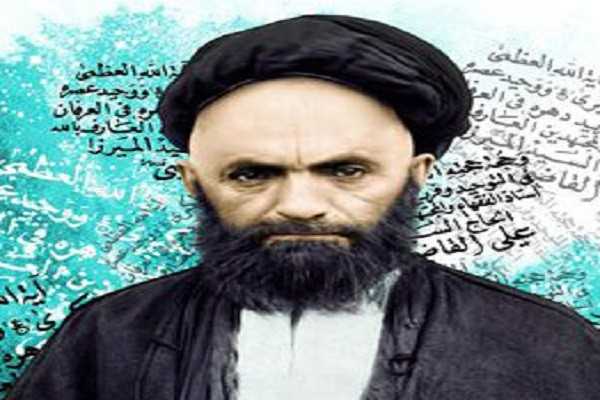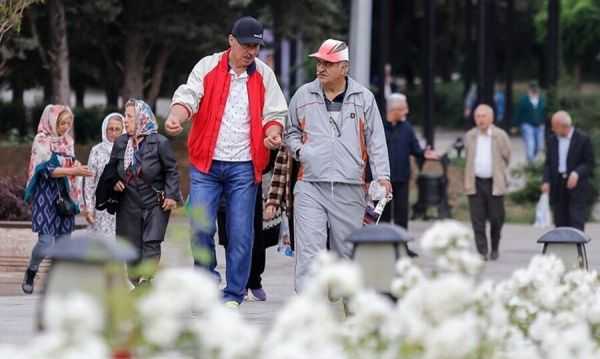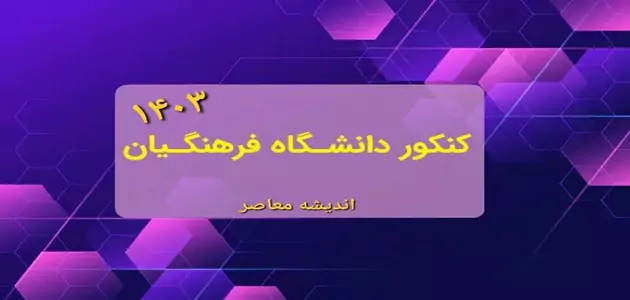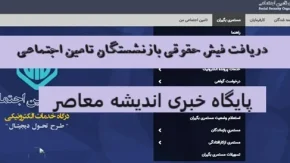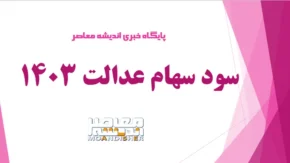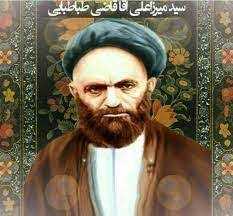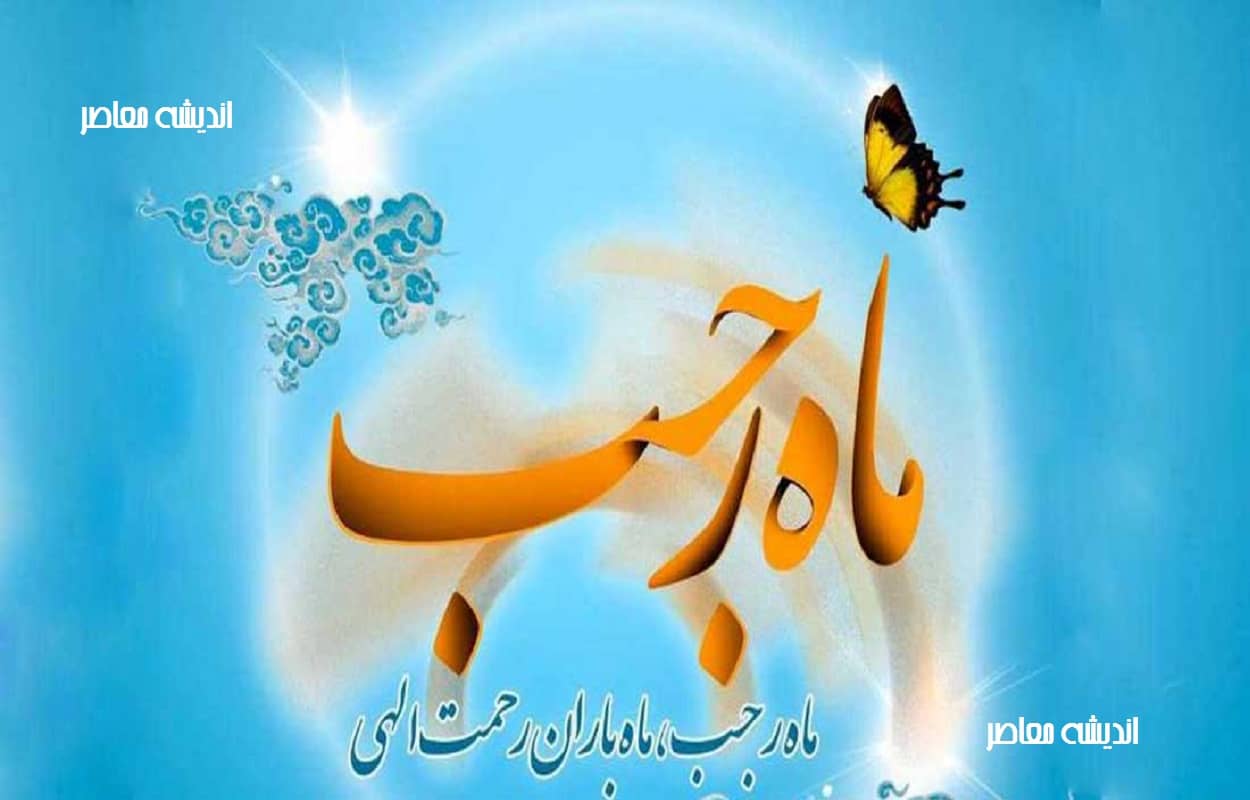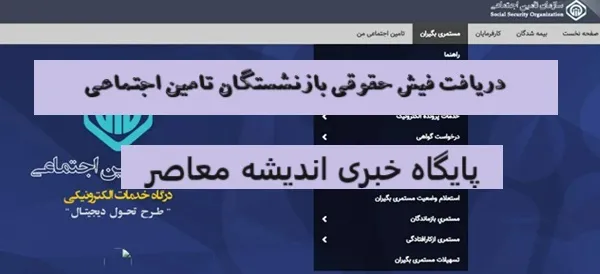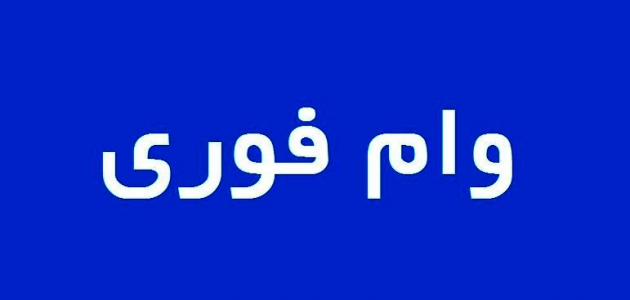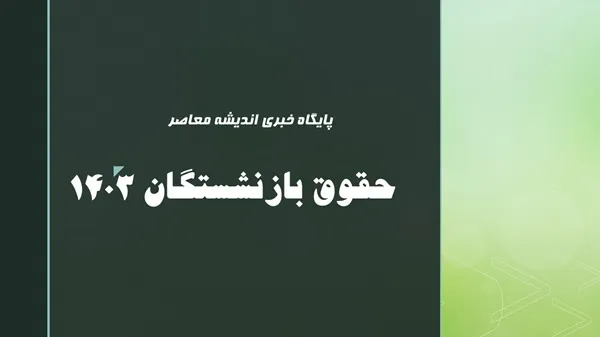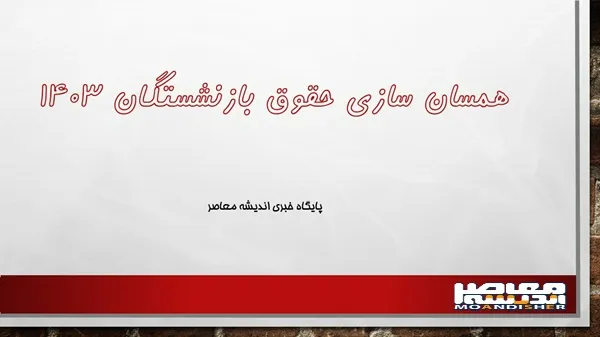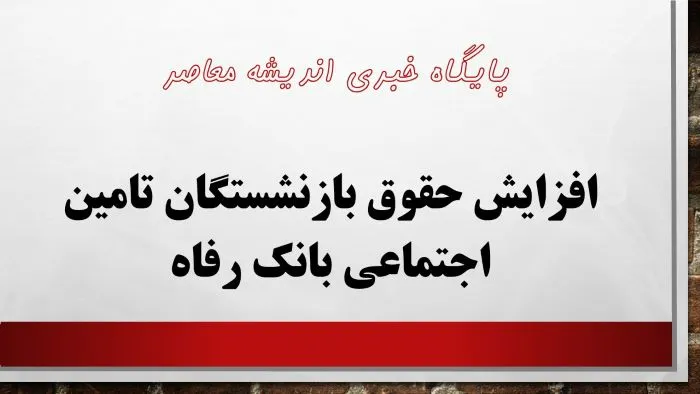Education and morals in a Mahdavi family are in harmony with the ideals and the holy goal of Hazrat Sahib al-Zaman (AS). In Mahdavi upbringing and ethics, family members are made to be close and friendly with the Prophet, to help and serve him. Education and morals that do not bring people to be friendly with them and help and serve them, is a formal and satanic education that only has a deceptive appearance and a very ugly and dangerous inside.
In the last issue, it was decided to present to our dear readers the topics of Mahdavi’s lifestyle and family in three levels: faith and spirituality, ethics and education, and family economics. Therefore, we start from the root and principle of human existence, that is, belief and spirituality.
۱. Faith and spirituality
Who and what is man? Why is it said that man is the best of God’s creations? If Ashraf is a creation, what is his honor?
God Almighty, who is his creator, says the following about man in his great book, “Holy Qur’an”, which is the guidebook for the creation of man and the world:
“He is the One who created all of us on earth; [۱]
He is the one who created for you what is on earth.”
According to this honorable verse, man is the end of the creation of the earth and the world, and all of them were created for the sake of man and for man. So man has a higher goal than the world and earthly values.
In verse 13 of the blessed Surah “Jathiyyah” it says:
“Sakhar for our sake in the heavens and ours on the earth;
Whatever is in the heavens and the earth has been conquered and created for you (because of you).
Now we repeat the above question in another way: if the earth and the heavens were created for man and man is the end of creation, what is the end of man’s creation and his honor?
Here, we have to briefly discuss the structure of human existence, that all the questions and mysteries of creation are in the structure of his existence, and without knowing this structure, nothing can be known correctly. Many of our questions in the field of creation of the world and man will remain unanswered without knowing this structure. Amirul Momineen (AS) says the following about the key role of human knowledge and self-knowledge in solving the mysteries of creation:
“Do not be ignorant of your soul, for the ignorant are ignorant of everything; [2]
Do not be ignorant of yourself, for whoever is ignorant of himself knows nothing.”
Here, we do not intend to describe the topics of anthropology in detail; We discuss the structure of human existence only to the extent appropriate to our discussion and considering the natural limitations of the magazine.
Man, in the plant dimension, which includes the perfections of growth, nutrition, physical strength, reproduction, beauty and tenderness, is equal to plants. In the animal dimension, it is also similar to animals. There are so many animal perfections that we only mention a few of them here:
Sexual desire, attraction to the opposite sex, choosing a wife, forming a warm family center, having feelings and emotions and family obligations, trying to manage and well-being of the family, social life, gaining a place and status in social life, job, recreation, housing, service to Family and same-sex and non-same-sex, trainability, trustworthiness, loyalty, honorable zeal, modesty and keeping sexual relations and urination secret in most cases, having the power of anger means defending one’s privacy, both same-sex and non-same-sex Against the dangers and adversities and…
In the intellectual dimension, which seeks knowledge and discovers the truths of existence, man is in common with angels and jinns.
So far, we have read very intensively the points of commonality between humans and other creatures; But the honor and excellence of man is not like this. There is definitely something else in man that made him the end of creation of heaven and earth.
What makes man superior to other creatures is the fifth power in the structure of his existence, called the power of reason or the power of detachment. Due to the possession of this power, unlike other creatures of God, man has an unlimited capacity to achieve perfection and unlimited growth. This power is the breath or the divine spirit that the Quran refers to as the breath of God, after it was blown into man, the angels were also ordered to prostrate on man. In Surah “Hajr” and “S”, God says to the angels:
“So if it was filled with a spirit, then prostrate before it; [3]
When I have perfected his body and breathed into him of my spirit, worship him.”
The presence of this divine inspiration causes man to seek and love absolute and infinite perfection, that is, Allah. Allah is the unlimited and absolute being who has all the perfections unlimitedly and absolutely, and man falls in love with such a being despite the power of reason.
Therefore, we can say the following about man and the levels of his existence: God and man’s lover in the plant level are the perfections of plants.
God and man’s lover are animal perfections. Allah and the lover of man are in the order of reason, knowledge and reason. Allah and the beloved of man in human rank, absolute perfection, that is, Allah.
The statement “There is no god but Allah”, which is the main basis of all divine knowledge and the teachings of the prophets, is related to the human part and the power of human reason, otherwise, in each of the lower levels, man has his own, separate and appropriate ideal. There is no god but Allah, that is, there is no god, beloved, or desirable for man, except for absolute and infinite perfection, which is Allah, blessed and exalted. Allah, in no way is the god and lover of the lower and lower parts of man. The statement “There is no god but Allah” tells about a being with greatness and dignity, whose goal and beloved is Allah. This great creature is man.
God willing, in the next section, we will explain more about the truth of man and his need for belief and spirituality.
۲. Ethics and upbringing
Considering what we said about man and his purpose in the section of faith and spirituality, we can better speak about ethics, education and their necessity in Mahdavi’s lifestyle and family. Since man has an infinite goal and goal, the direction of his morals and education is also the same. In his essence, man seeks closeness and resemblance to his beloved, that is, Allah. Man without divine and human ethics will never be close to his god and lover, that is, Allah, and will not benefit from his unlimited perfections. This is where we find out the secret of this saying of the Holy Prophet (PBUH) who said:
“Create with God’s morals; [4]
Be created according to God’s morals.
The purpose of ethics and education in Islam is very different from what we see in many human moral schools. Such schools see man as a good and civilized animal; But the moral and educational school of Islam looks at man as a manifestation of God, a divine caliph and a divine human being. For this reason, the Holy Prophet (PBUH) said:
“I didn’t send you to complete the virtues of morality; [5]
It is this and nothing else than that I was sent to finish the deeds of morality. »
Islam does not only seek the low moral education of humans; Rather, it puts the height of morality and moral magnificence, or in better words, God’s morality, on the path of man and educates him equally great and unlimited. The purpose of ethics in Islam is the growth of man to the stage of friendship and closeness to God and reaching the position of divine caliphate. For this reason, it needs an innocent role model, a divine caliph and a perfect human being.
Here, we are not trying to elaborate on moral issues; Rather, in accordance with the discussion of Mahdavi’s lifestyle and family, we discuss the issues that a Mahdavi family needs and waits for.
Education and morals in a Mahdavi family are in harmony with the ideals and the holy goal of Hazrat Sahib al-Zaman (AS). In Mahdavi upbringing and ethics, family members are made to be close and friendly with the Prophet, to help and serve him. Education and morals that do not bring people to be friendly with them and help and serve them, is a formal and satanic education that only has a deceptive appearance and a very ugly and dangerous inside.
How is it possible that a human being, the representative of God on earth, leaves his imam alone and refuses or neglects to help and serve him and still achieves divine nearness and the purpose of his creation? Imam Ali (a.s.) says the following about the situation of Imam Zaman (a.s.) among the Shiites:
“The owner of this command is the one and only; [6]
The owner of this matter is rejected, displaced, alone and unique.
These back-breaking and fatal words about Hazrat Mahdi (A.S.) will make the upbringing and morals of the Mahdi and the life style of a waiting person, in the direction that the family members will all be effective and active in resolving these sad situations.
The most important characteristic and need of a Mahdawi family is having a firm belief and having spirituality and intimacy with the Prophet, which we will find out in the first part of the discussion, that is belief and spirituality.
After that, the family members should have the qualities and upbringing that make it possible and easy for them to join the army of the Prophet, which, God willing, we will discuss the most important of them in the next issue.
۳. Family economy
In the last issue of the magazine, in addition to the brief discussion that we presented about the position of the economy, we presented very good and interesting discussions under the titles of “Halal food, the first step of perfection”, “Take care of your throat” and “Consequences of a forbidden bite”, presented to our dear readers. became. We will not repeat those topics anymore; Except in other ways that are necessary.
The human being’s structure is such that all powers and levels of the human soul influence other powers and levels.
The human body is not something completely separate from the human soul; Rather, it is considered one of the levels of the soul and its lower level. For this reason, a group of diseases that are apparently mental, are actually related to the physical condition of the human being. For this reason, they are called psychosomatic diseases.
Deficiency of some elements in human blood such as zinc, iron, etc. .. Either anemia creates disturbing mental effects in humans, or feeding different substances creates different states in the human soul. All this is due to the unity of the human soul or the existence of different powers. So, what we read and hear about the impact of the economy, including the halal and haram of morsels, comes back to the truth that we stated. A halal or haram bite creates different thoughts and imaginations in the soul, and these, in turn, have a definite effect on a person’s understanding and perceptions, and then on his decisions and actions.
Emphasizing the necessity of halal eating and the necessity of avoiding haram income and haram eating is due to their tremendous effects on human emotions and performance. Therefore, we are not exaggerating if we say: food and income make a person, and in addition to the quality of a person’s life in this world, it also determines his fate in the hereafter.
These wonderful works are not only dependent on food and income; Rather, halal and haraam exist in all human thoughts, intentions and actions and have deep effects. Basically, the Mahdavi family is careful and sensitive about the halal and haram in everything, including food and income, avoids the haram and seeks halal and godly affairs.
One of the things that is emphasized a lot about the halal and the halal of incomes and it is obligatory in Islam is the payment of khums and zakat.
In the “Holy Qur’an” many verses are devoted to the obligation to pay zakat and khums. There are also many narrations in this matter.
The Holy Quran says about Khums:
“And know that you have not plundered anything, for to Allah is the fifth, and to the Messenger, and to those who are near, and to the orphans, and to the poor, and to the son of the wayfarer; [7]
Know that whatever booty you gain, one-fifth of it is for God, the Messenger of God, relatives, orphans, the needy, and those on the way, if you believe in God.”
Khums applies to any kind of income obtained through economic activity, such as halal jobs, mines, diving, trade, etc. Since zakat is forbidden for poor people, their needs should be provided through khums. Therefore, khums is divided into two parts: the imam’s share, which has public and charitable uses, and the sadat’s share, which belongs to the needy.
Khums, according to Islamic law and Shia jurisprudence, is paid to the Imam of the community, guardian of jurisprudence, Marja Taqlid, Mujtahid Adil or their representatives. About Zakat, there are dozens of verses in the Holy Qur’an, which have always placed it next to the obligation of prayer in order to understand that it is not a savior in the relationship with God, without proper relationship with His servants and without considering the needy of the society.
The holy presence of Imam al-Zaman (a.s.) says about those who refuse to pay khums:
“Whoever eats something from our wealth, then he will eat it in his belly, and he will eat it.” [8]
Whoever eats something from our wealth, then he has filled his stomach and insides with fire and soon he will be thrown into the fire.
The Holy Prophet (PBUH) says the following about Zakat:
“Zakah is the qaantara of Islam, so whoever gives it, it is permissible for him to do it, and whoever forbids it, let him be arrested, and it extinguishes the anger of the Lord; [9]
Zakat is the bridge of Islam. Whoever pays it will cross the bridge and whoever does not will be prevented from crossing. “Zakat calms the wrath of God.”
Imam Sadiq (a.s.) says:
“What is the duty of Allah, the Most High, to remember this nation, which is more severe on them than zakat, and what is the destruction of their community except in it; [10]
God, may his name be long! He did not impose anything more difficult than zakat on this nation, and all of them will not perish except in this case.
Imam Reza (a.s.) says about a person who prays and does not pay zakat:
“Whoever prayed and did not accept Isaac, did not accept his prayer; [11]
Whoever prays and does not pay zakat, his prayer is not accepted.
[۱] Surah Baqarah, verse 29.
[۲] “Gharr al-Hakm and Derr al-Kalam”, Qom, Islamic Darul-Kitab, p. 755.
[۳] Surah Hajar, verse 29.
[۴] “Bihar al-Anwar”, Beirut, Dar Ihya al-Trath al-Arabi, vol. 58, p. 129.
[۵] The same, vol. 16, p. 210.
[۶] “Kamal al-Din and Tammam al-Naimah”, Tehran, Islamia, vol. 1, p. 303.
[۷] Surah Anfal, verse 41.
[۸] “Bihar al-Anwar”, ibid., vol. 53, p. 183.
[۹] “Mizan al-Hikmah”, vol. 5, p. 2182.
[۱۰] Ibid.
[۱۱] Ibid.

